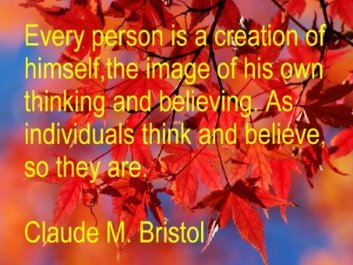2008 TOP INVENTIONS
1. The Retail DNA Test Kit
Learning and sharing your genetic secrets are at the heart of 23andMe's controversial new service — a $399 saliva test that estimates your predisposition for more than 90 traits and conditions ranging from baldness to blindness. Although 23andMe isn't the only company selling DNA tests to the public, it does the best job of making them accessible and affordable. The 600,000 genetic markers that 23andMe identifies and interprets for each customer are "the digital manifestation of you," says Wojcicki (pronounced Wo-jis-key), 35, who majored in biology and was previously a health-care investor. "It's all this information beyond what you can see in the mirror."
We are at the beginning of a personal-genomics revolution that will transform not only how we take care of ourselves but also what we mean by personal information. In the past, only élite researchers had access to their genetic fingerprints, but now personal genotyping is available to anyone who orders the service online and mails in a spit sample. Not everything about how this information will be used is clear yet — 23andMe has stirred up debate about issues ranging from how meaningful the results are to how to prevent genetic discrimination — but the curtain has been pulled back, and it can never be closed again. And so for pioneering retail genomics, 23andMe's DNA-testing service is Time's 2008 Invention of the Year.
Source: Times.com
























